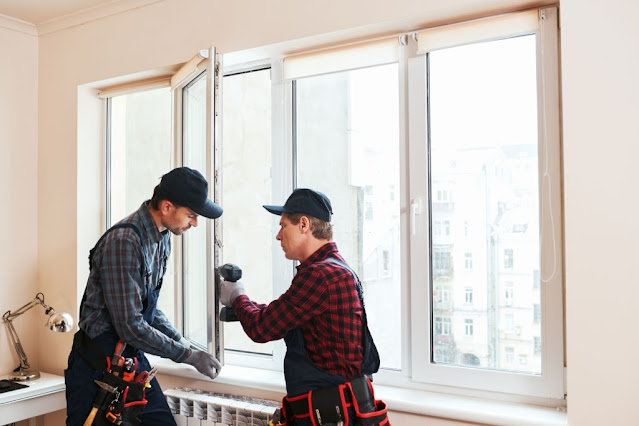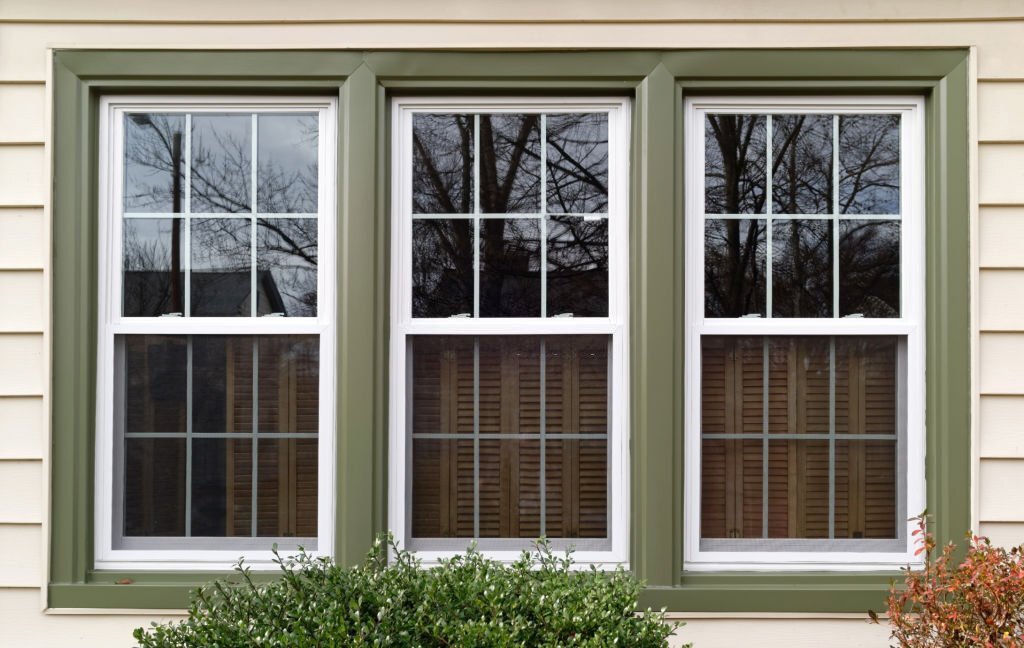Mistakes People Made When Replacing Windows & How To Avoid Them
The five biggest mistakes when replacing windows and how to avoid mistakes
In an energetic renovation, there are two main areas of
interest: the renewal of the heating system and the thermal insulation.
Replacing the old window with new window elements somehow resonates, but it is
not the main measure. A structural renovation option is hidden here that is
often underestimated.
Some owners also make real mistakes when it comes to
replacing the windows. Here are five of the most common of them:
1: It is not worth
replacing windows
It may seem obvious: a window has a large area of glass,
so a lot of energy will be lost through it. However, this is by no means the
case. In the course of development, the heat transfer coefficient (U-value) of
modern thermal insulation glazing was successively reduced. This value
describes how much energy is lost per square meter and year. The smaller the
value, the lower the heat loss. The figures are impressive: while old
single-pane glazing has a U-value of 5.2 W / (m²K), modern three-pane heat
protection glazing only has a U-value of 0.7 W / (m²K).
Or to put it another way: while an old window with only one
pane of glass wastes 43 liters of heating oil per square meter per year, the
modern version only loses six. If the energy savings are allocated to the
investment costs, a saved kilowatt-hour of energy for a plastic window with
modern thermal insulation glazing costs just 0.034 euros.
2: The window remains
the coldest point on the facade
Of course: glass is a material that has only a low
insulation value. Therefore: No matter what you do - the windows will
automatically remain the coldest point in the facade of the house. But far from
it. If only the windows are replaced and the wall remains uninsulated, the wall
can suddenly be colder than the window.
While a window with modern triple-pane heat protection
glazing has a very low heat transfer coefficient of 0.7 W / (m²K), it is, for
example, 3.3 W / (m²K) for an uninsulated concrete wall. This can lead to
problems inside the room if the moisture from the warm room air no longer
condenses on the window pane, but on the cold inner wall. Since the new windows
are also denser than their predecessors, they have to be ventilated more often
after the window has been replaced. A facade insulation can then finally
restore the old temperature relationship between wall and window.
3: The new window
takes the old place
Old window out, new one simply inserted in the middle of the
window reveal ? Especially if facade insulation is also planned after the
window has been replaced, this is the wrong place. Rather, the new window
should be flush with the masonry. If the facade insulation is then applied, it
simultaneously covers the connection joint between the window and the house
wall. This avoids the formation of thermal bridges.
4: A window replacement
makes a lot of mess
The window replacement is a construction measure - but it
does not involve a lot of dirt. The installers are very adept when it comes to
avoiding dirt. The frame of the old window is first cut up and then removed
with the wall anchors. This only creates a manageable amount of dust and dirt.
In many cases it is even the case that the design of the window reveal is retained
and - if at all - only minor cosmetic repairs are necessary.
5: You can easily
replace the window yourself
Modern windows are highly complex components. They can only
perform their full function if they are installed correctly. If you want to
install the window yourself, you definitely have to know what you are doing.
The first thing to do is to align the window plumb. Anyone who has mastered
this challenge must then seal the connection joint from the window to the wall
all around and make it airtight.





Comments
Post a Comment